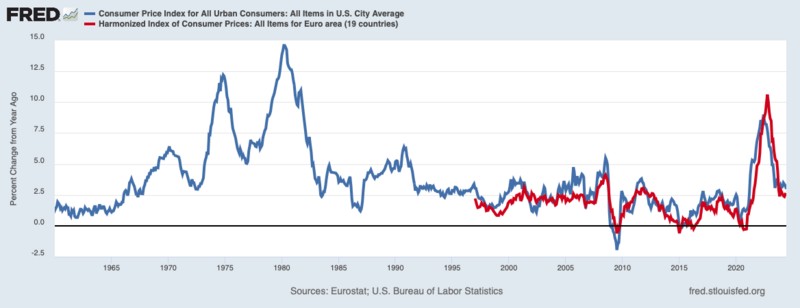
Consumer confidence in the United States has plunged to its lowest level in over a decade, reflecting growing anxiety about the economy's direction amid inflation pressures and new trade policies.
The Conference Board reported Tuesday that its consumer confidence index dropped 7.2 points in March to 92.9, marking the fourth consecutive monthly decline. Even more concerning, Americans' expectations for future income and business conditions fell to levels not seen in 12 years.
The measure of short-term economic expectations plummeted 9.6 points to 65.2, well below the critical threshold of 80 that typically signals recession risks. Consumer views on current conditions also weakened, declining 3.6 points to 134.5.
Major retailers are already seeing shifts in consumer behavior. Walmart, despite benefiting from bargain-seeking shoppers, recently cut its 2025 profit forecast. Target reported slipping sales and profits during the holiday quarter, while other retailers like Macy's and Best Buy have expressed caution about the year ahead.
The Trump administration has downplayed the declining sentiment, suggesting it may not reflect actual economic conditions. "You go out in the street, people are going about their lives," said Stephen Miran, Chairman of the Council of Economic Advisers, noting that consumer spending continues despite low confidence.
However, purchasing plans for homes and vehicles have declined according to the survey. Interestingly, intentions to buy major appliances increased, possibly indicating consumers want to make purchases before expected tariff-related price increases.
With inflation still above the Federal Reserve's 2% target and new tariffs looming on imported goods, Americans appear increasingly worried about their financial futures. The proportion of consumers expecting a recession remains at a nine-month high.
This weakening confidence could impact the broader economy, as consumer spending represents approximately two-thirds of U.S. economic activity. While holiday spending was strong in late 2024, retail sales dropped sharply in January 2025, with only modest recovery in February.
The deteriorating outlook isn't limited to consumers - business leaders are also growing pessimistic. A recent survey found 60% of chief financial officers now expect a recession in the second half of 2025, up dramatically from previous forecasts.